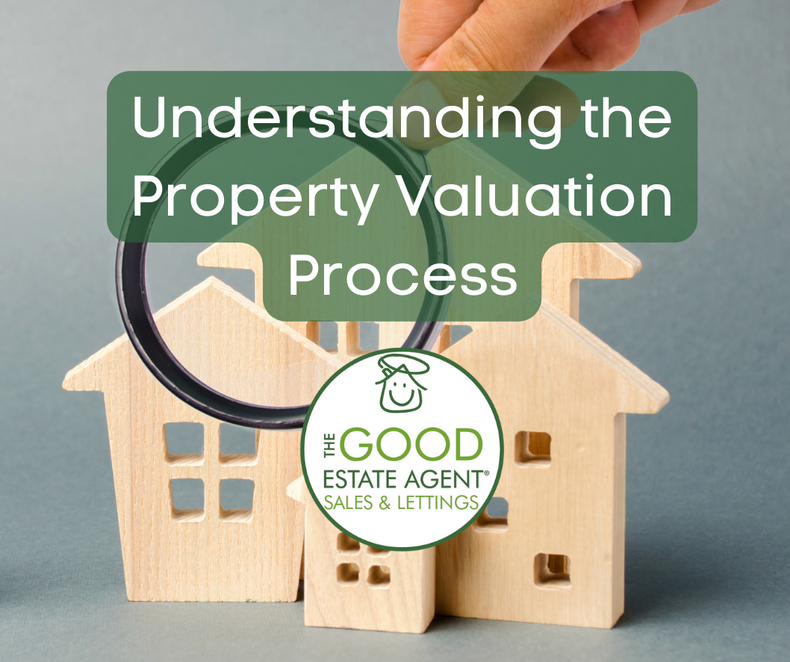When it comes to selling a property, one of the crucial steps is determining its value. Estate agents play a vital role in this process by conducting property valuations. But how exactly do estate agents value a property? In this article, we will explore the property valuation process and provide insights into how estate agents determine property values.
Factors Considered in Property Valuation:
- Comparative Market Analysis (CMA): Estate agents start by conducting a Comparative Market Analysis, which involves assessing recent sales of similar properties in the local area. By comparing the features, size, location, and condition of the property to others that have recently sold, agents can estimate its value.
- Property Condition: The condition of the property is a significant factor in its valuation. Estate agents consider both the exterior and interior condition, taking note of any repairs, renovations, or upgrades that may affect the value.
- Location: The location of the property is a crucial element in its valuation. Factors such as proximity to amenities, transport links, schools, and local market trends impact the perceived value of the property.
- Market Conditions: Estate agents analyze the current state of the property market, including supply and demand dynamics, buyer preferences, and trends. Market conditions play a role in determining the value of a property.
Methods of Property Valuation:
- Comparative Method: This method involves comparing the property to recently sold similar properties in the area. Estate agents consider the sold prices, location, size, condition, and features of these comparable properties to estimate the value of the property in question.
- Income Method: The income method is used primarily for commercial properties or investment properties with rental income. Estate agents consider the potential rental income generated by the property to estimate its value.
- Cost Method: The cost method involves assessing the value of the property based on the cost of replacing or rebuilding it. This method is typically used for unique or specialized properties where comparable sales are not readily available.
The Role of an Estate Agent in Property Valuation: Estate agents bring their expertise and knowledge of the local market to the property valuation process. They consider a range of factors, conduct thorough research, and apply their understanding of market dynamics to arrive at an accurate valuation. Estate agents use their insights and experience to provide sellers with a realistic estimate of their property's value.
Choosing the Right Estate Agent: When selecting an estate agent to value your property, consider their track record, expertise, and local market knowledge. Look for an agent who has experience in your area and a proven record of successful property sales. Additionally, ensure that the agent is a member of a reputable professional body, such as the National Association of Estate Agents (NAEA), which signifies their commitment to ethical standards and professional conduct.
Conclusion: Property valuation is a critical step in the selling process, and estate agents play a crucial role in determining the value of a property. By considering factors such as comparative market analysis, property condition, location, and market conditions, estate agents can provide an accurate estimate of a property's value. When choosing an estate agent, prioritize their expertise, local market knowledge, and professional qualifications to ensure a reliable valuation that will help you navigate the selling process successfully.

